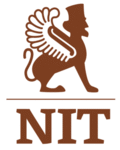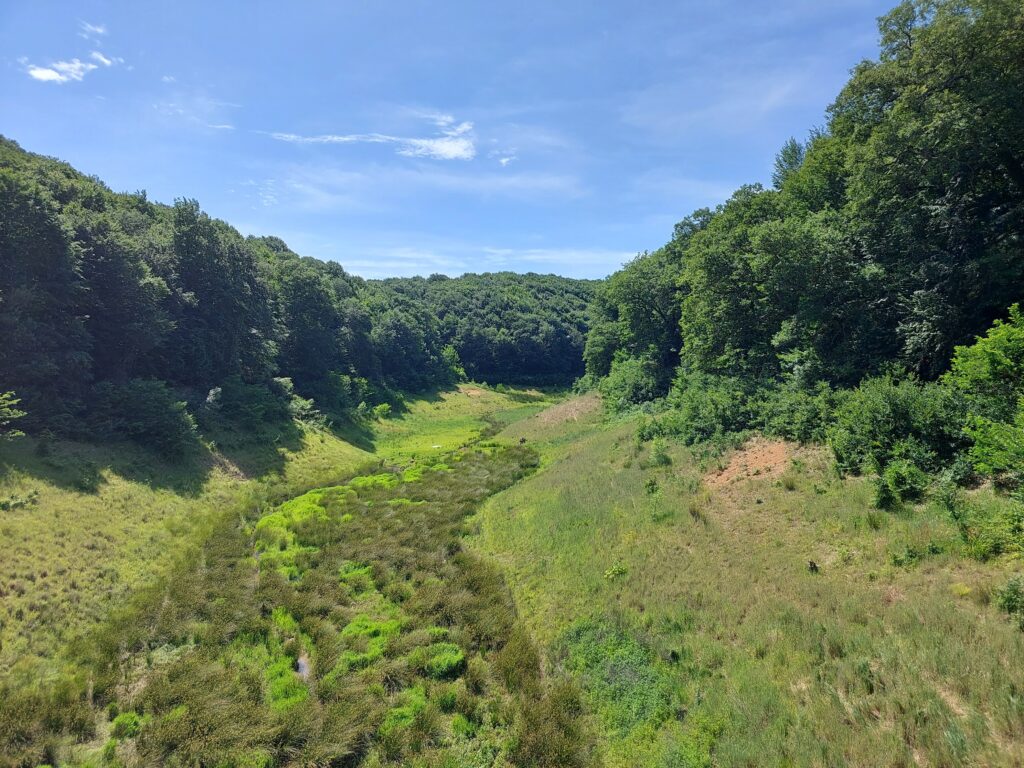
Greetings from the Netherlands Institute in Turkey! As summer unfolds, we’re excited to share some news from the institute. We’ve been continuing our water heritage projects, and we’re also launching a new initiative. We’ll be exploring the life and work of Emilie Haspels, a Dutch archaeologist who made significant contributions to the study of Phrygian remains in Anatolia.
In the meantime, our team is conducting fieldwork at Tell Kurdu, Hatay, until September 9th. While they’re busy with exciting discoveries, the NIT library remains open throughout the summer.
Recent Activities
Water Heritage Symposium

On 6 June, the Water Heritage Symposium took place at Palais de Hollande. The symposium was jointly organized by ISKI, the Netherlands Institute in Turkey, and the Consulate General in Istanbul as a part of the 2024 activities commemorating the 100th anniversary of the Friendship Treaty between the Netherlands and Türkiye.
During the day, specialists Ayten Bostancı and Yasemin Taşçı (ISKI in Istanbul), Jeroen Oomkens and Maarten Ouboter (Waternet in Amsterdam), as well as Mariëtte Verhoeven (Radboud University) and Gülsüm Tanyeli (Istanbul Technical University), academics working on water heritage, discussed how they approach water heritage, water management and public engagement programs in Amsterdam and Istanbul. After the presentations, Akgün İlhan (Boğaziçi University) moderated a panel discussion on how water heritage can play a role in the future of water supply.

The following day, ISKI hosted the organizers and the presenters and we had the opportunity to see İstanbul Su Medeniyetleri Museum, Valide Bendi, Sultan Mahmud Bendi, Mağlova Kemeri and ended the tour at ISKOM, from where Istanbul’s water is managed today.
Water Memories Walk
As the capital of the Byzantine and Ottoman Empires, Istanbul is particularly rich in aqueducts, cisterns, water towers, fountains, and other witnesses to the historic water supply through the ages. The best way to experience this heritage is by exploring it on foot, as it gives a sense of how these monuments are connected in space and time.
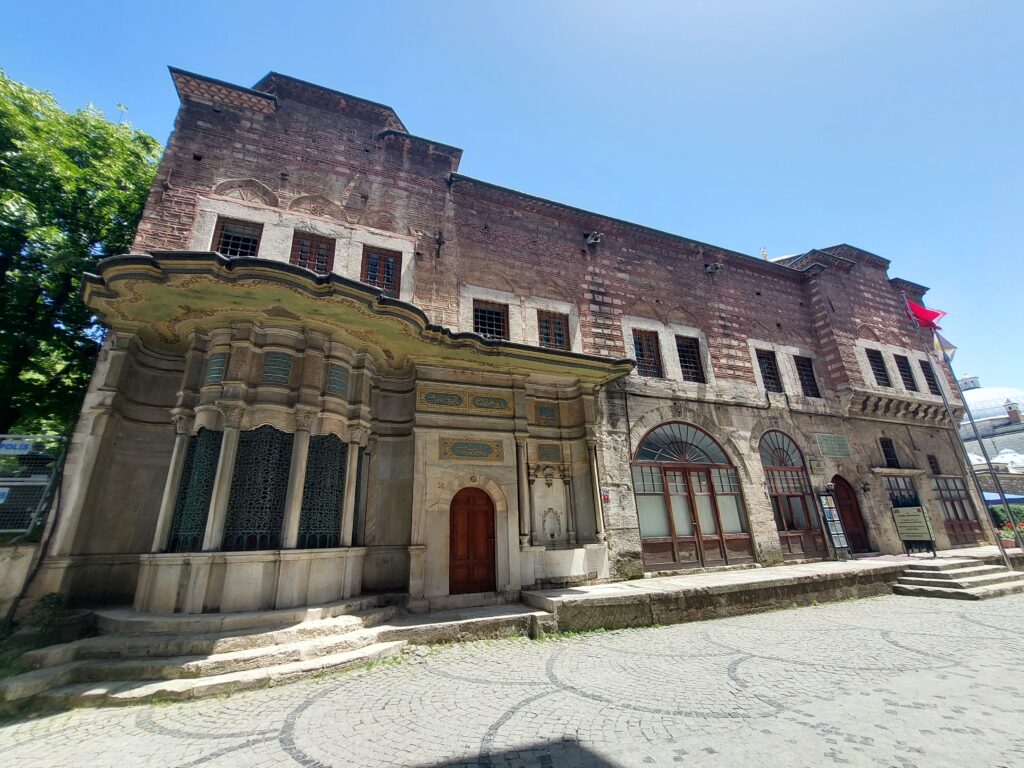
At the same time, a key question is how this heritage can contribute to issues of sustainability, livability, and social cohesion in today’s city, where a water crisis due to population growth and climate change is drawing close.
Thanks to the Vrije Universiteit Amsterdam (VU) Connected World Social Impact Award, we initiated the Water Memories project that aims to unlock Istanbul’s water heritage and increase public awareness and appreciation of water past in present through a walking app. This project is a partnership of Vrije Universiteit Amsterdam, NIT, Radboud University, and the Hrant Dink Foundation, building on the water heritage-related programs that NIT has been involved in since 2022.

We had our pilot walk for the Water Memories Walk with colleagues from Vrije Universiteit Amsterdam, Radboud University, and the Hrant Dink Foundation on 6 June and finalized the route of the walk. The Water Memories Walk will launch in the fall of 2024 on KarDes Mobile App.
Emilie Haspels at the Midas Monument and Yazılıkaya
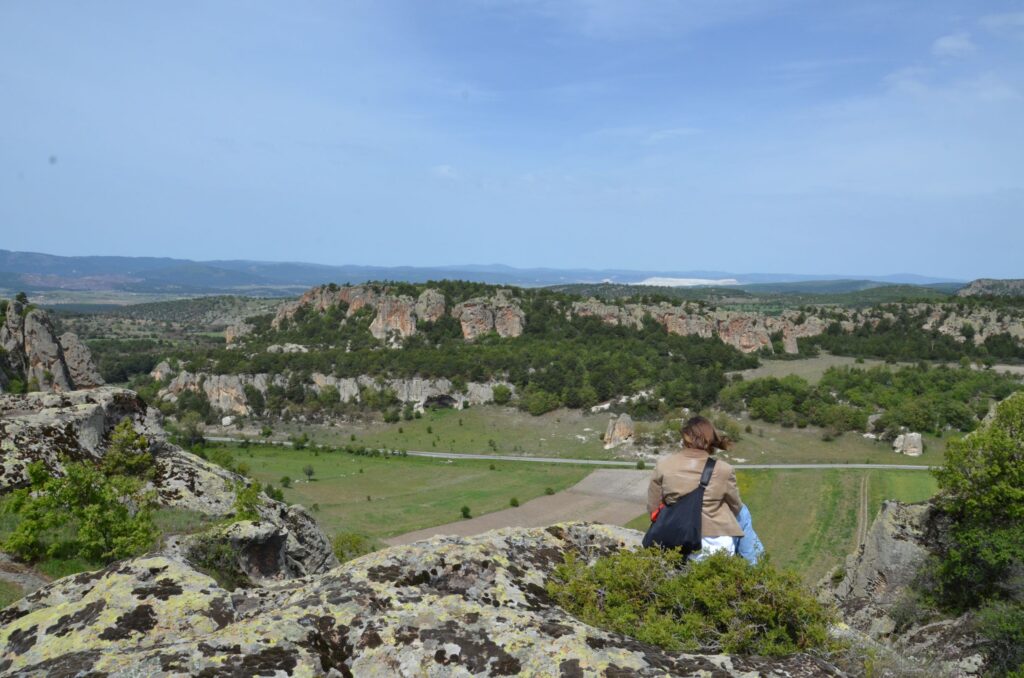
In honor of the 100-year Friendship Treaty, this project shines a light on the pioneering archaeological work of Dutch scholar Emilie Haspels (1894-1980) in the Phrygian Highlands, south of Eskişehir, during the 1930s and 1950s. Haspels led excavations at the 7th-century BCE Midas Monument, a site linked to the legendary King Midas through an inscription. Her publications remain the definitive references for Iron Age (Phrygian) rock-cut monuments in the region.
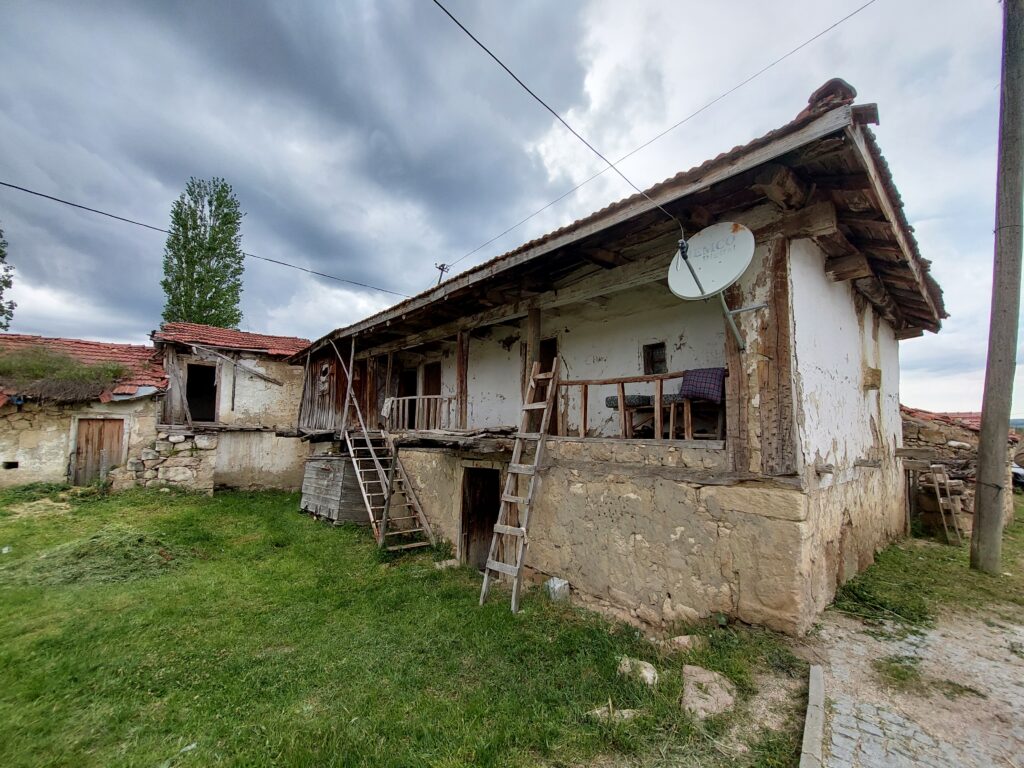
This collaborative project, undertaken by the Netherlands Institute in Turkey, Vrije Universiteit Amsterdam (Heritage Studies/Architectural History), Middle East Technical University (Graduate Program for the Conservation of Cultural Heritage), and supported by the Netherlands Embassy in Ankara, focuses on Haspels’ fieldwork residence in the village of Yazılıkaya. On May 16-17, a small Turkish-Dutch team documented the building’s architecture, construction techniques, and its place within traditional Anatolian village architecture. They also developed a plan to showcase Haspels’ life and work to visitors of the archaeological site and village.
A traveling exhibition is currently underway, exploring the life and achievements of Emilie Haspels in Turkey. Follow NIT’s social media for updates on future events related to Haspels.
International Conference Post-Disaster Recovery and Reconstruction: Challenges and Opportunities

On 20-21 May, the International Conference on Post-Disaster Reconstruction organized by IFEA in partnership with NIT (among others) was held at Galatasaray University. It brought together academics and international organizations like UNESCO, ICOMOS, UNDP, and the World Bank to explore the challenges and opportunities of rebuilding Antakya/Hatay following the earthquake. This informative event provided a multidisciplinary perspective on post-earthquake reconstruction, combining technical aspects (seismology, engineering, etc.) with social sciences (architecture, sociology, history, etc.) through global case studies.
NIT Fellowships
Every semester, NIT hosts 4 fellows who conduct research related to the scope of the institute at the library. You can still apply for the autumn 2024 fellowships until July 31. We hosted 4 fellows who worked on a variety of topics in their fields of research in the spring of 2024.
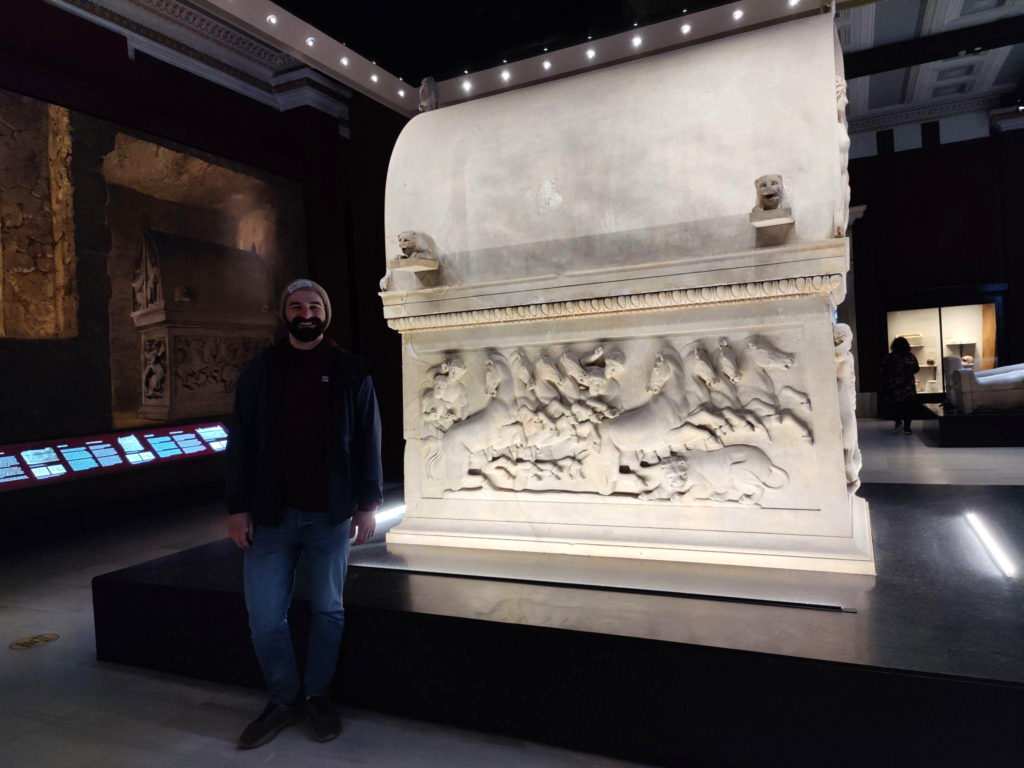
John Turco (PhD candidate at the University of Groningen) focuses on “the analysis of preserved funerary contexts from the Roman period (1st century BCE to 4th century CE) in order to reconstruct ritual sequences and practices.” He finalized a chapter of his dissertation during his stay at NIT. “The quiet environment of the library offered an ideal place to finish a chapter. Following the completion of my writing, I utilized the collections at the NIT and ANAMED to finalize the dataset for my Anatolian material.” You can read John’s blog post about his experience at NTI here.
Frederik Schack (rMA student at Leiden University) worked on a chapter of his Master’s thesis, Everyday Empire: A household Archaeological approach to regional centres in LBA North Central Anatolia. During his library research at NIT, he employed a bottom-up approach to “shed light on the everyday life of inhabitants within NCA, considered the core region of the Hittite Empire, and how they adapted to imperial measures and how this is manifested archaeologically.“
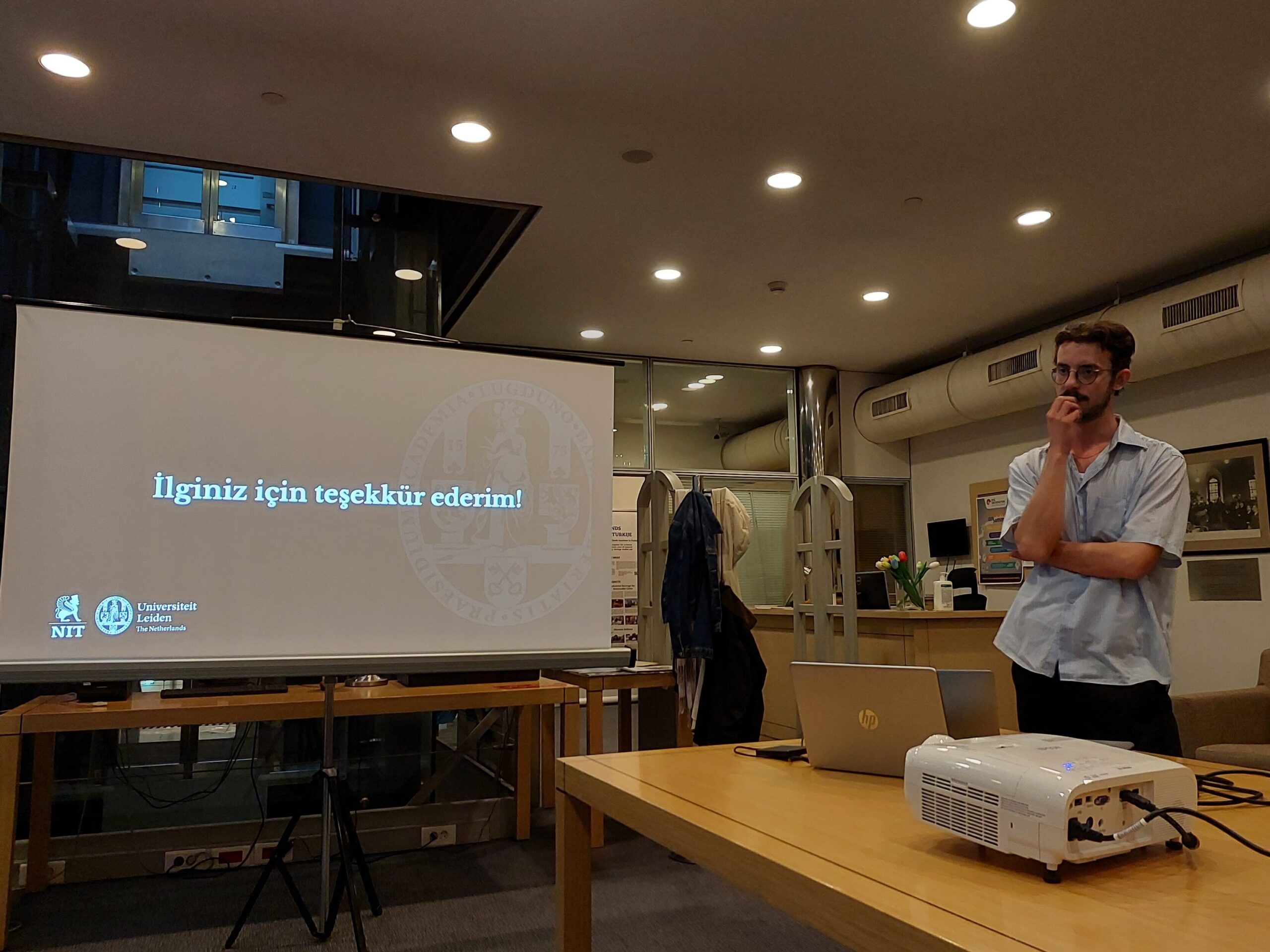

José Rafael Medeiros Coelho (PhD student at University of Groningen) has started working on his doctoral project Mapping Transnational Hubs, Networks, and Cultural Heritage: Ottoman Arab Migrations to Latin America (Antioch-São Paulo). During his research stay at NIT, Rafael worked on the Prime Minister’s Ottoman Archives, conducted interviews with families from Antioch that have ties to Brazil, and conducted research at the library.
Gabriël Sel (MA student at Leiden University) worked on his project entitled Tekkes in Transition: Tracing Istanbul’s Social, Cultural, and Political Metamorphosis through Visual Narratives in the spring of 2024. He tracked how renovations and restorations were done at these sufi lodges in the last few decades and whether these changes had an impact on the immediate neighborhoods.
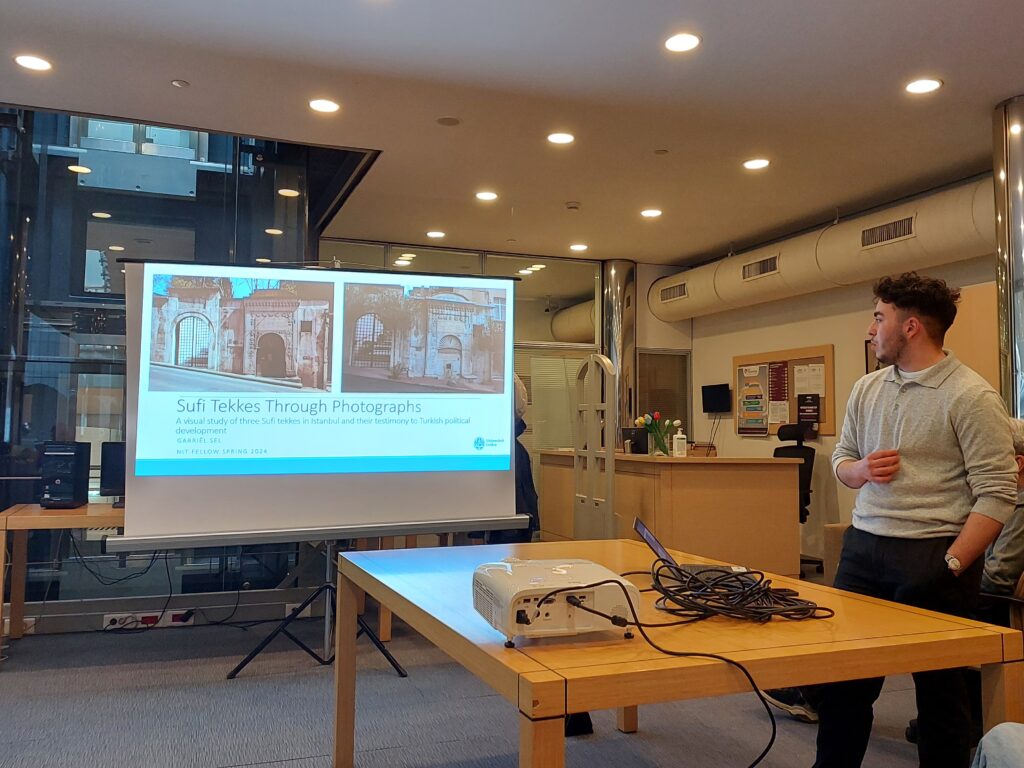
Upcoming Agenda
Tell Kurdu Excavations Project
The 2024 season of the Tell Kurdu Excavations is about to start very soon. The NIT staff will conduct fieldwork at the site in July, August, and early September this year. The buildings we used in the 2022 season as our excavation house and workspaces collapsed during the 6 February 2023 earthquakes Therefore, we started turning a small plot of land by the site into a small dig house compound. This is a large project and will probably take us several years to finish. Yet, it is now liveable and we will start staying there this summer.
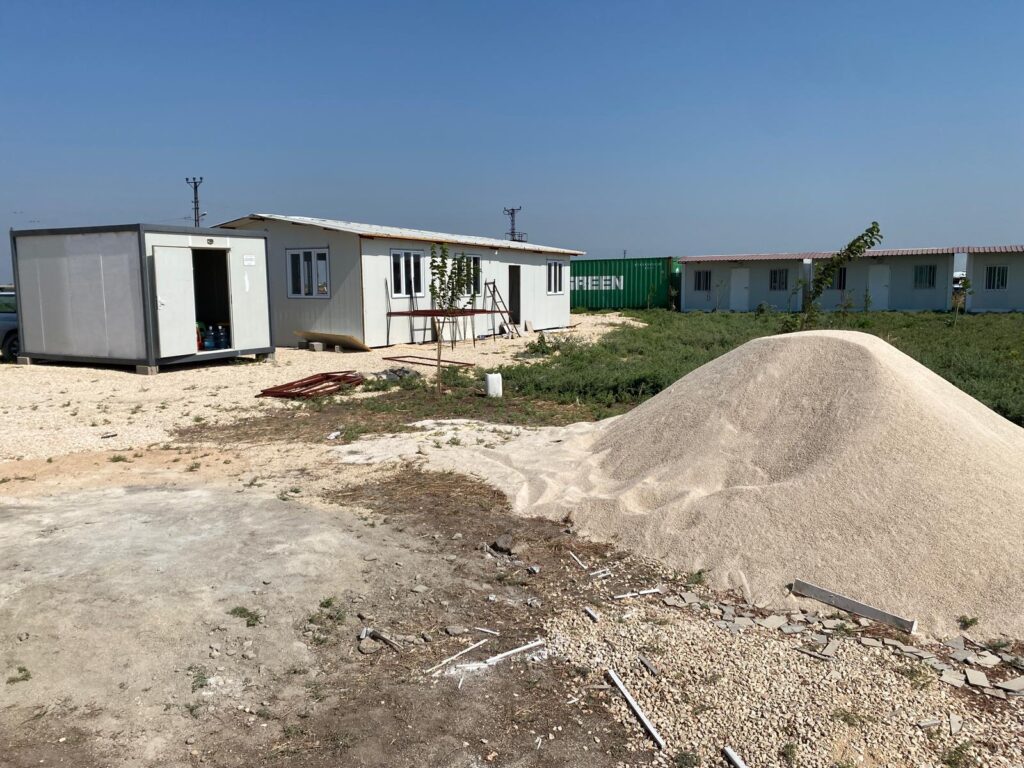
The Tell Kurdu Excavation Project investigates a large settlement site dating from the sixth and fifth millennium BCE in the Amuq Plain in the southern province of Hatay. The excavations are co-directed by Rana Özbal (Koç University) and Fokke Gerritsen (Netherlands Institute in Turkey). The excavations have been ongoing since 2022.
7th Annual Meeting of the Necropoleis Research Network
We are pleased to announce the 7th Annual Meeting of the Necropoleis Research Network (NRN). The meeting will be held in Istanbul on 7-9 October 2024 and is hosted by the Netherlands Institute in Turkey (NIT). The meeting will consist of two conference days in the ANAMED auditorium, followed by a guided excursion (in Istanbul) on the third day. Please go here for further information about the meeting.
Historic Port Cities Symposium
The Historic Ports, Future Cities: Cultural Heritage for Sustainable Urban Development educational program will kick off with an online symposium on 11 October that focuses on the theoretical and methodological questions and key issues regarding historic port cities. Please follow our updates on details about the program here.
News from the Library
While the NIT staff will be working remotely most of the summer, our library remains open between 09.00-18.00 on weekdays. Please keep in mind that the NIT library will be closed between 19 August – 8 September this summer.
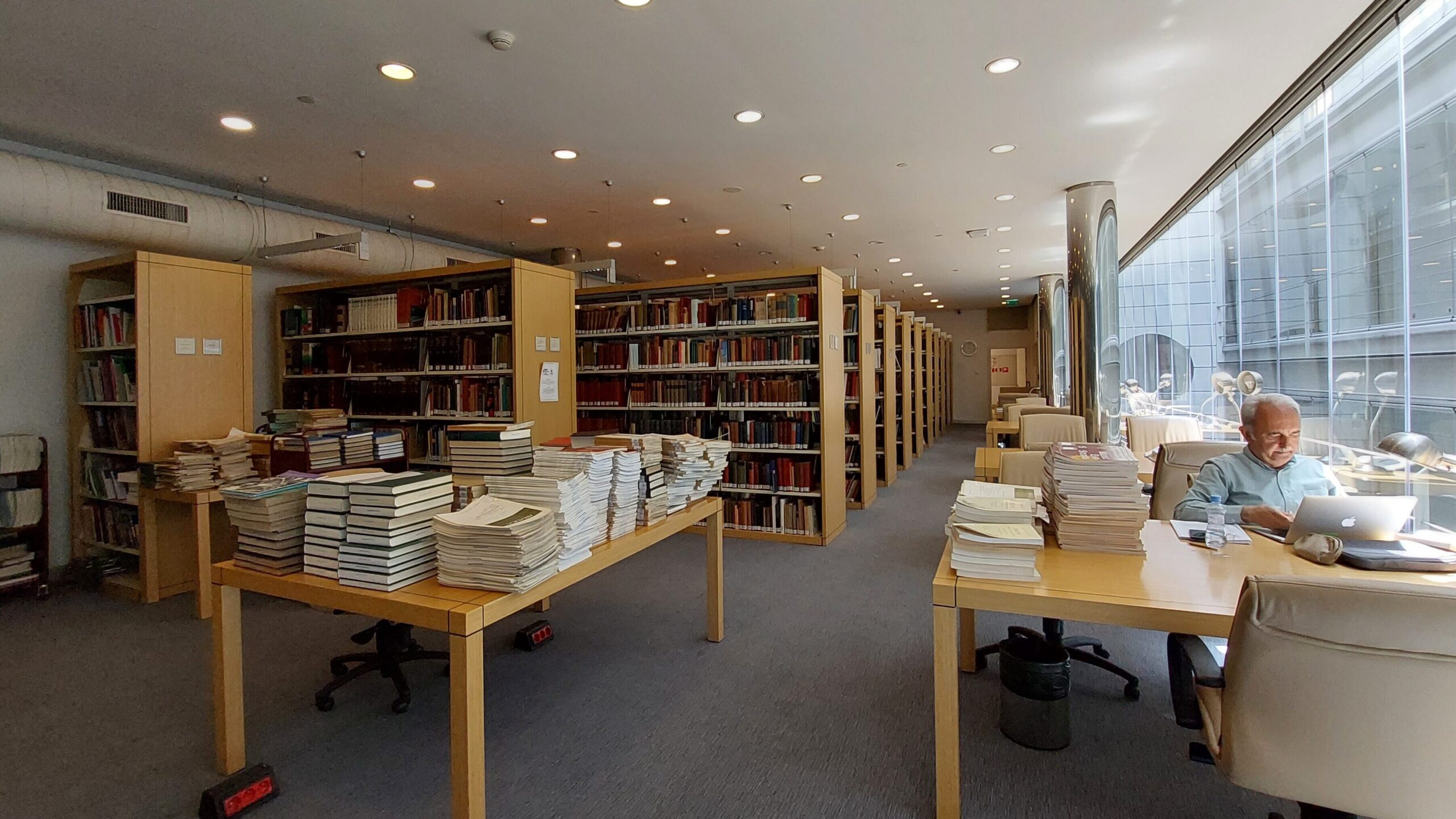
Upcoming Deadlines
31 July – Apply for the NIT Fellowships for Autumn 2024
30 August – Deadline to apply for the NIT Urban Heritage Lab 2024 Autumn Course: Historic Ports, Future Cities: Cultural Heritage for Sustainable Urban Development
15 September – Deadline to submit an abstract for the Anatolian Chalcolithic Workshop
15 November – Deadline to submit an abstract for the Travellers in Ottoman Lands Seminar Three (TIOL3) Places Forgotten, Places Remembered
1 December – Deadline to submit a manuscript for Anatolica 51 (2025)
